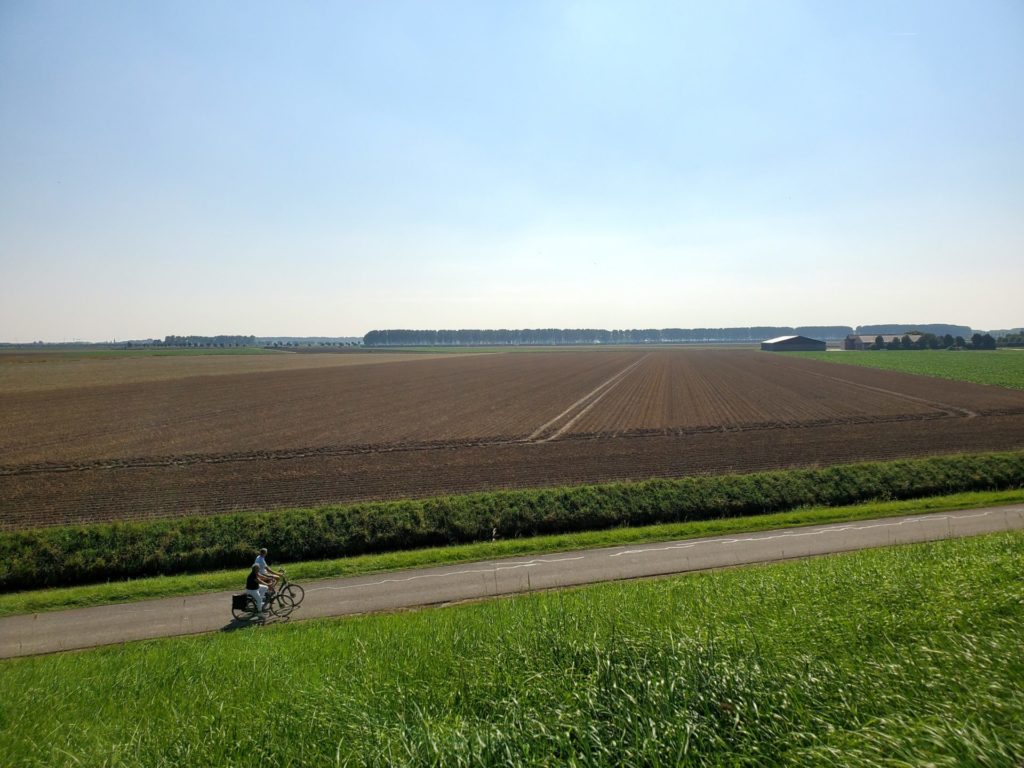Belgium has asked the European Commission for permission to disregard certain rules set by the Common Agricultural Policy (CAP) due to the severe drought in Belgium this spring, according to broadcaster RTBF.
The CAP sets out a series of measures for European agricultural markets. Notably, the Belgium government has asked to be excused from paying certain bonuses towards the improvement of environmental performance on farms.
Since its inception, the CAP has been controversial. The policy is seen to be extremely wasteful, ignoring basic principles of economic supply and demand in European agricultural markets. ‘Green’ reforms to the CAP, to the tune of €387 billion over seven years, were extremely unpopular and faced stiff resistance in the European Parliament.
Respective Ministers of Agriculture David Clarinval (Federal), Jo Brouns (Flanders), and Willy Borsus (Wallonia), in a joint press release, have stated that Belgium is now at an acute risk of suffering historic droughts in the coming days, citing the Royal Meteorological Institute.
Related News
- Around 193 million people acutely food insecure in 2021
- Flemish government softens stance on polluting farms
“This episode of drought would be very similar to that experienced in 1976 in terms of rainfall deficit. This is the reason why Belgium has tabled this point on the agenda of the Council of European Ministers of Agriculture,” the Federal Agriculture Minister states.
According to the European Commission for Agriculture Janusz Wojciechowski, there are possibilities for Belgium to opt out of certain measures set out by the CAP. The Minister promised to follow the request closely in coming weeks.
In recent months, Belgium has been experiencing high levels of water stress. A 2019 report by the World Resources Institute concluded that Belgium was the 23rd most-likely country to experience drinking water shortages.
Groundwaters across the country are chronically deprived and have been slow to recover. This has proven to be particularly disastrous for Belgium’s farmers.
The last remaining strawberry farm in Belgium is struggling with fruit which ripens too quickly due to high heats and low water availability. This leads to the farm needing to dispose of crops, which were available in large quantities too early. If warm weathers and low water availability continues, it could have a devastating impact on the Belgian agricultural industry.
"The drought episode that we are currently experiencing is causing a deterioration both in the state of crops but above all in the availability of feed for livestock, with generalised declines in productivity. Farmers could face serious financial and technical difficulties," said the Federal Minister.

